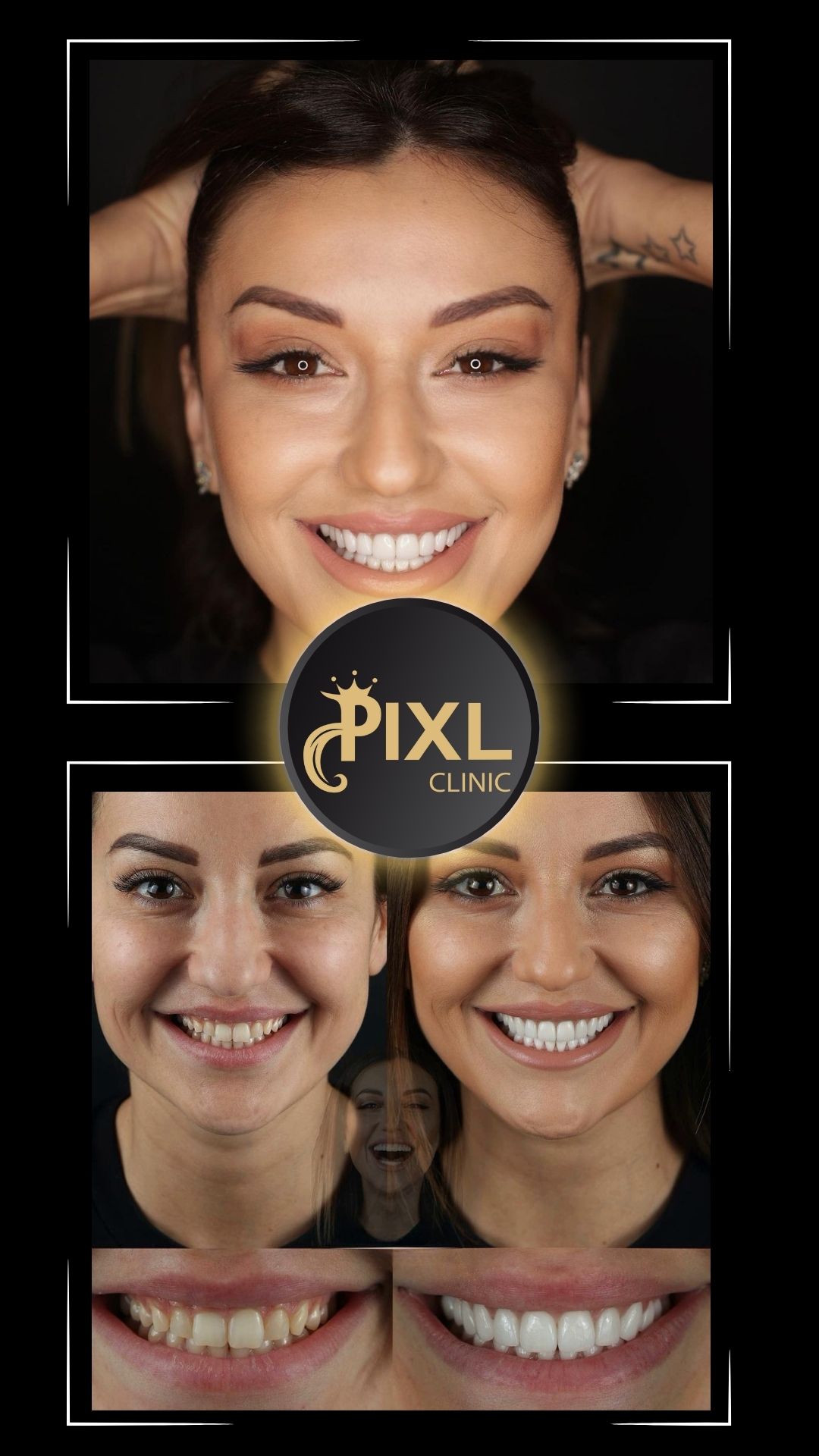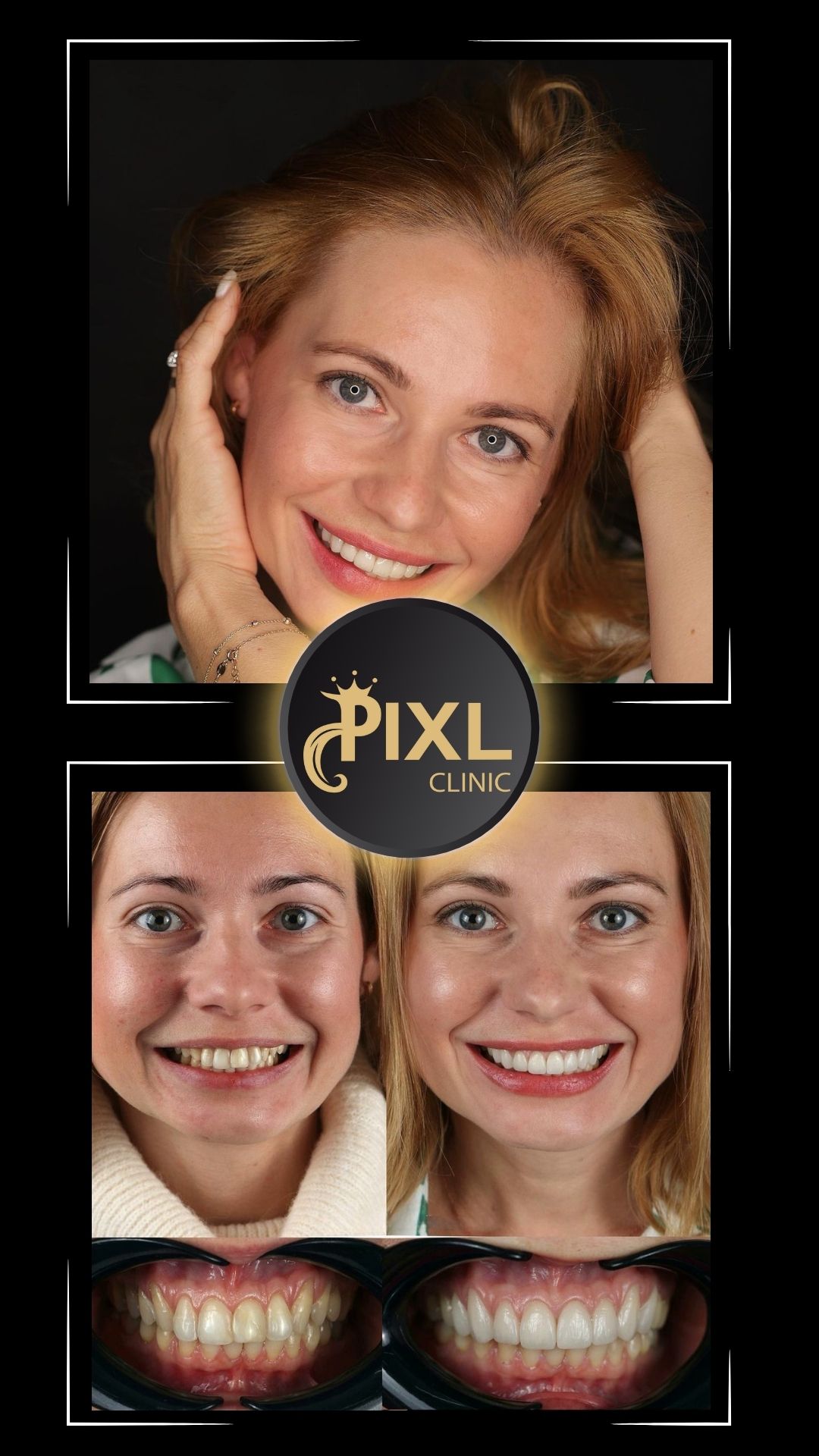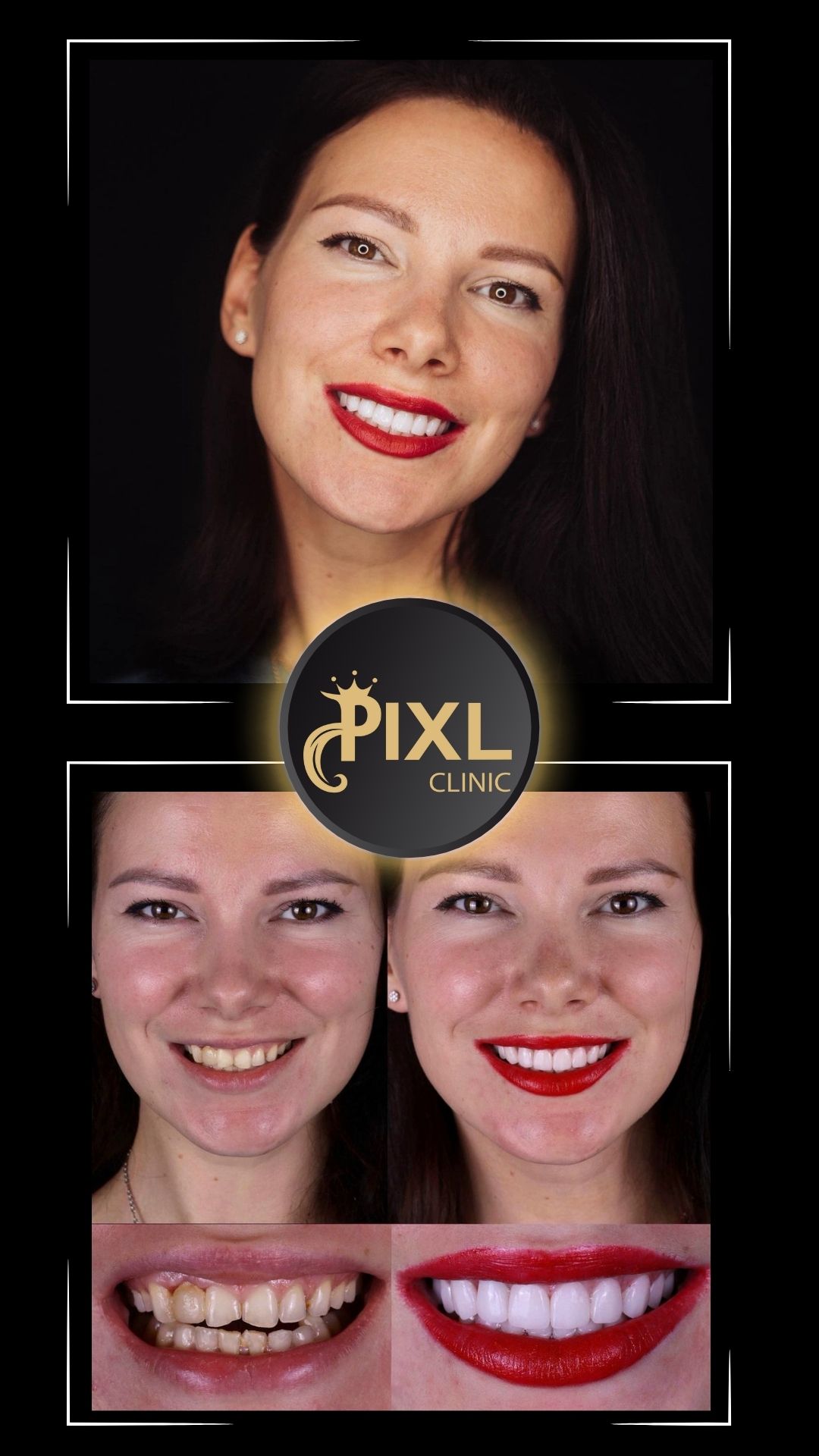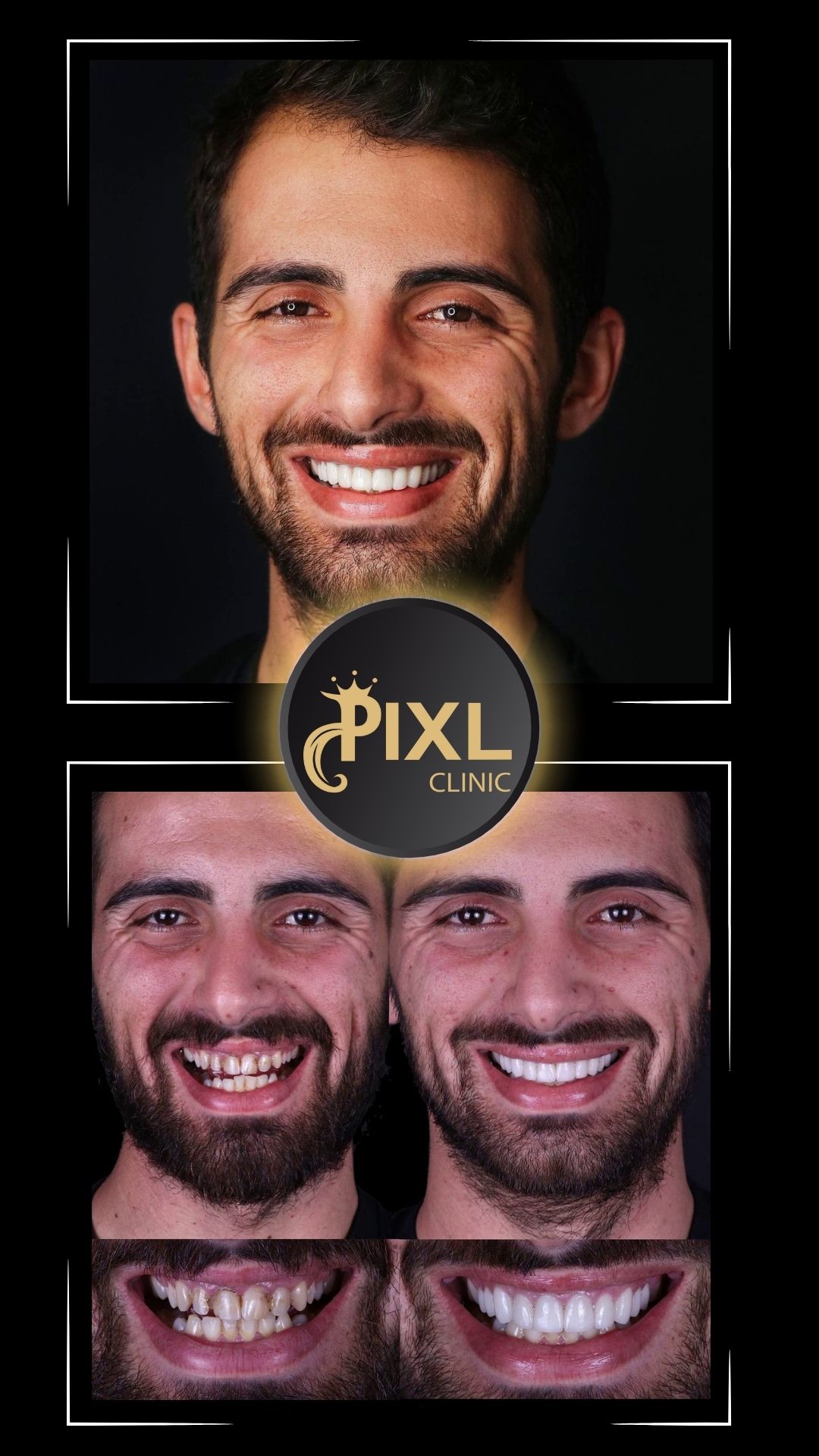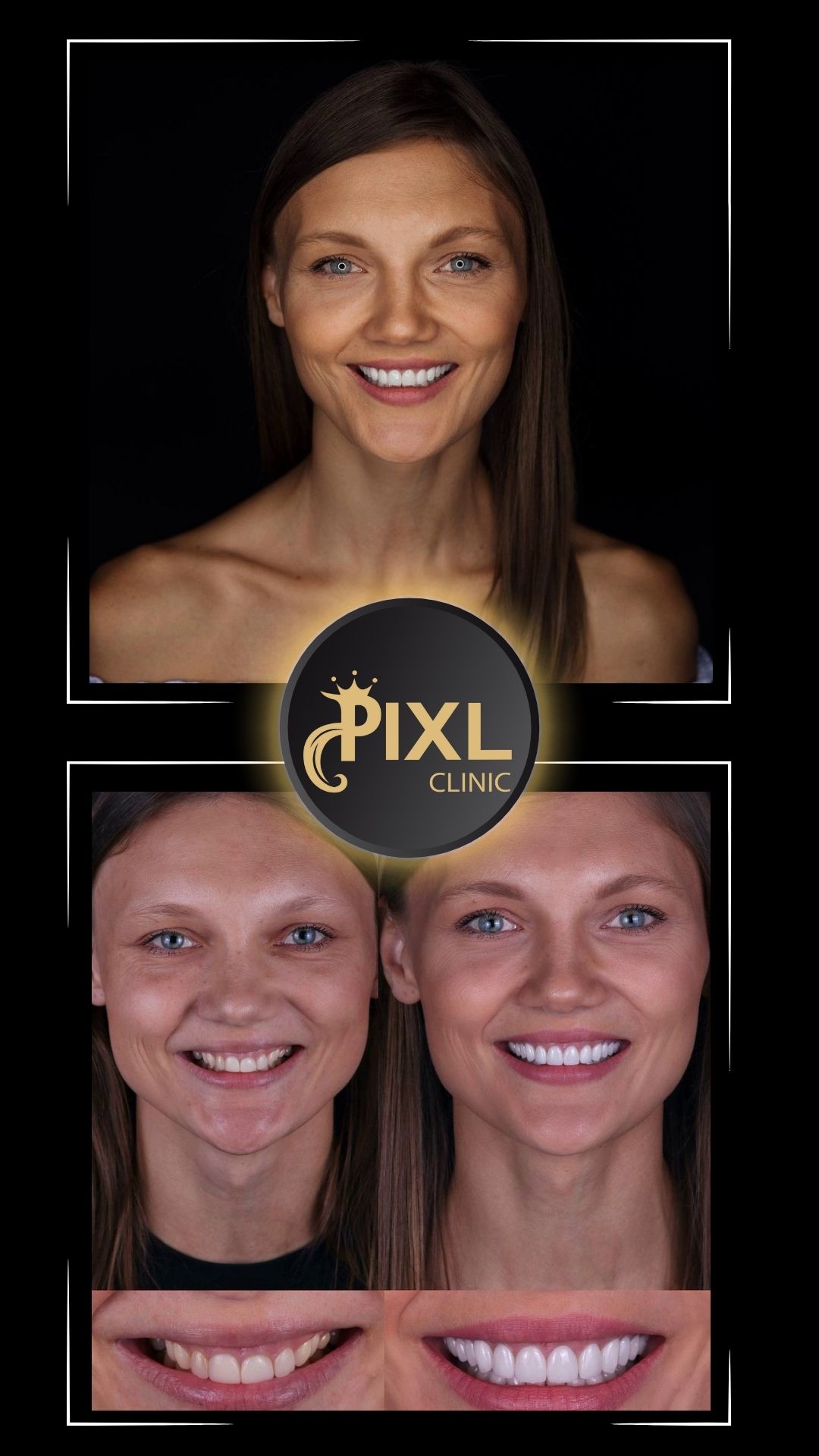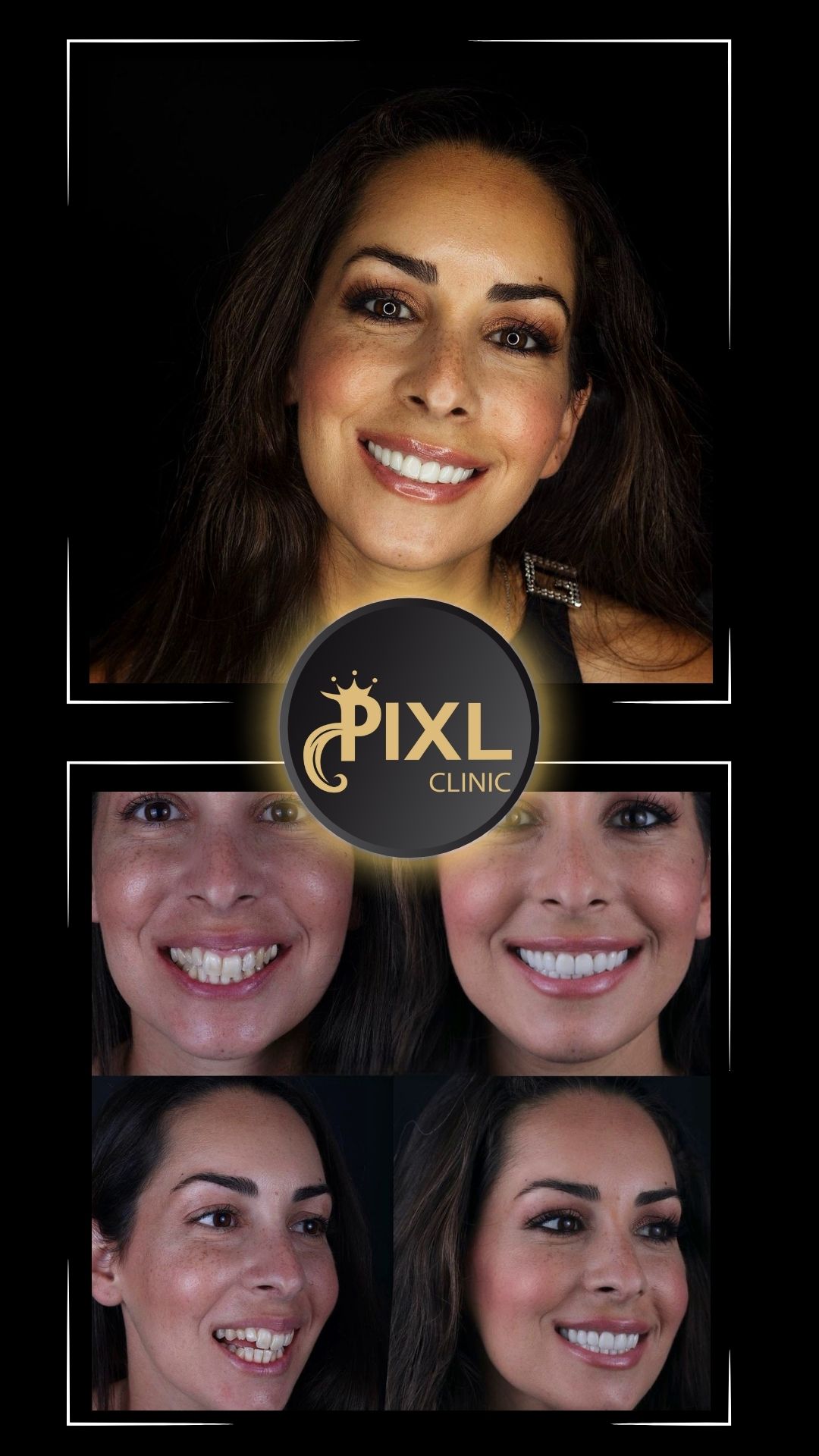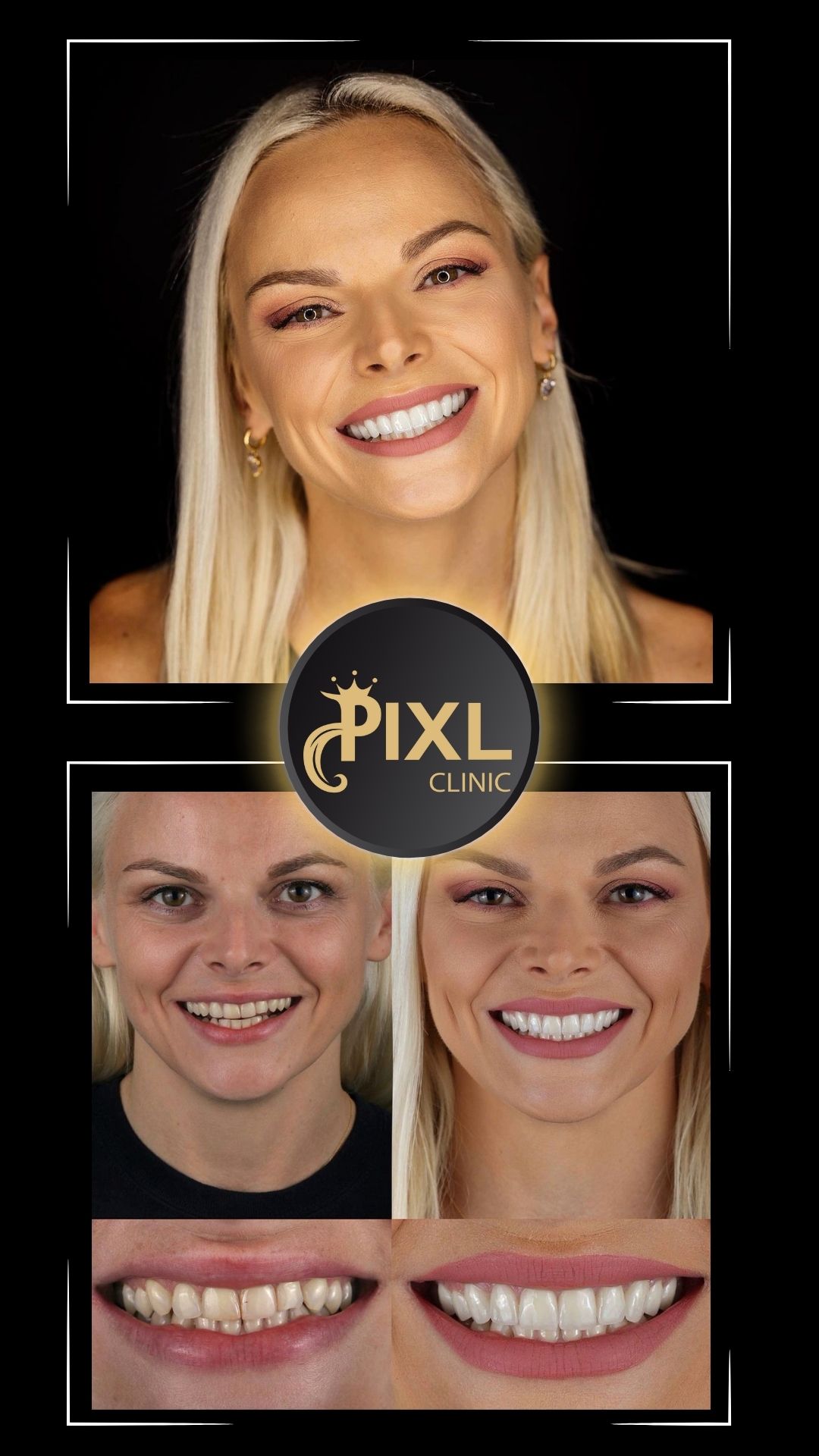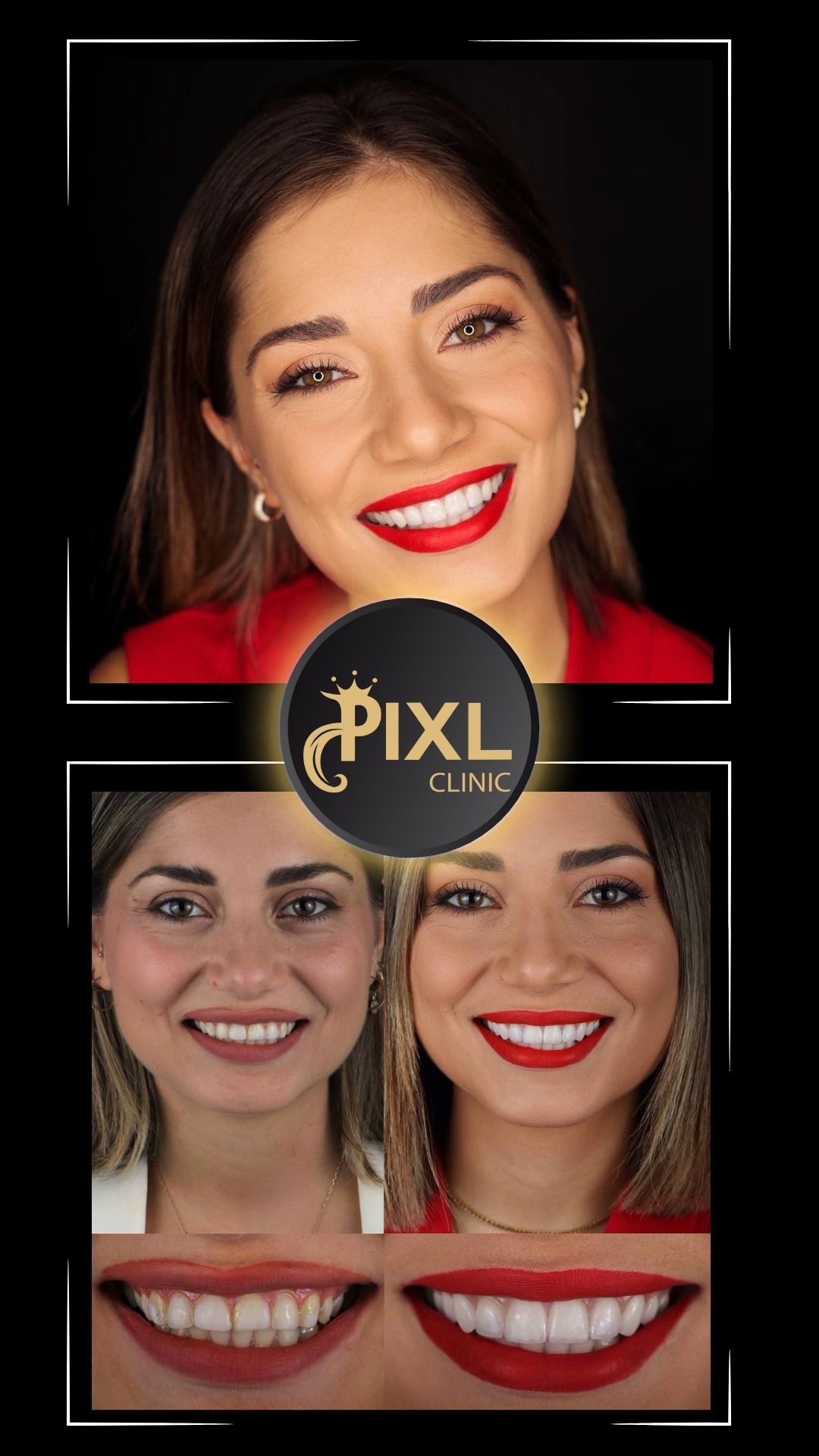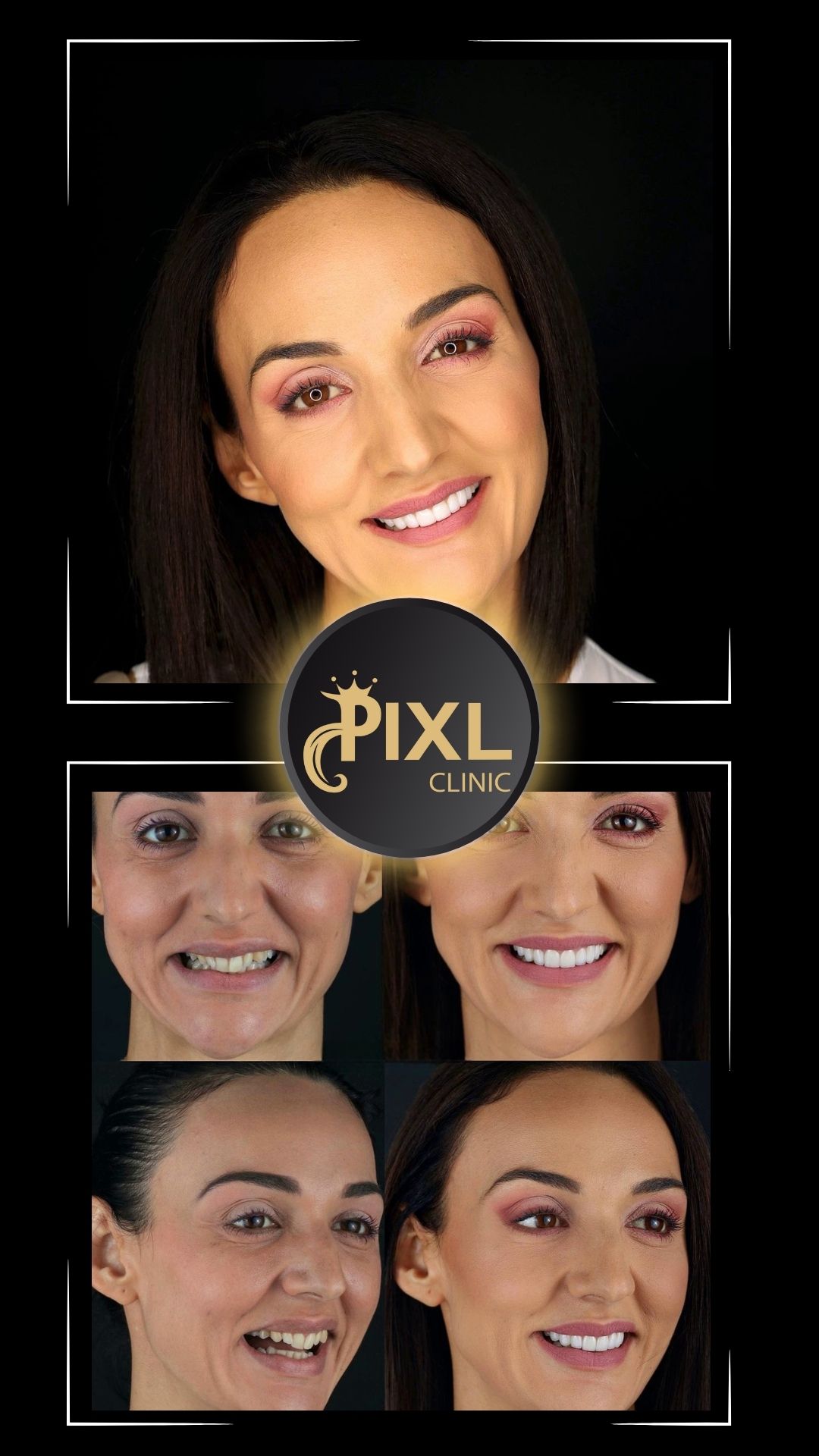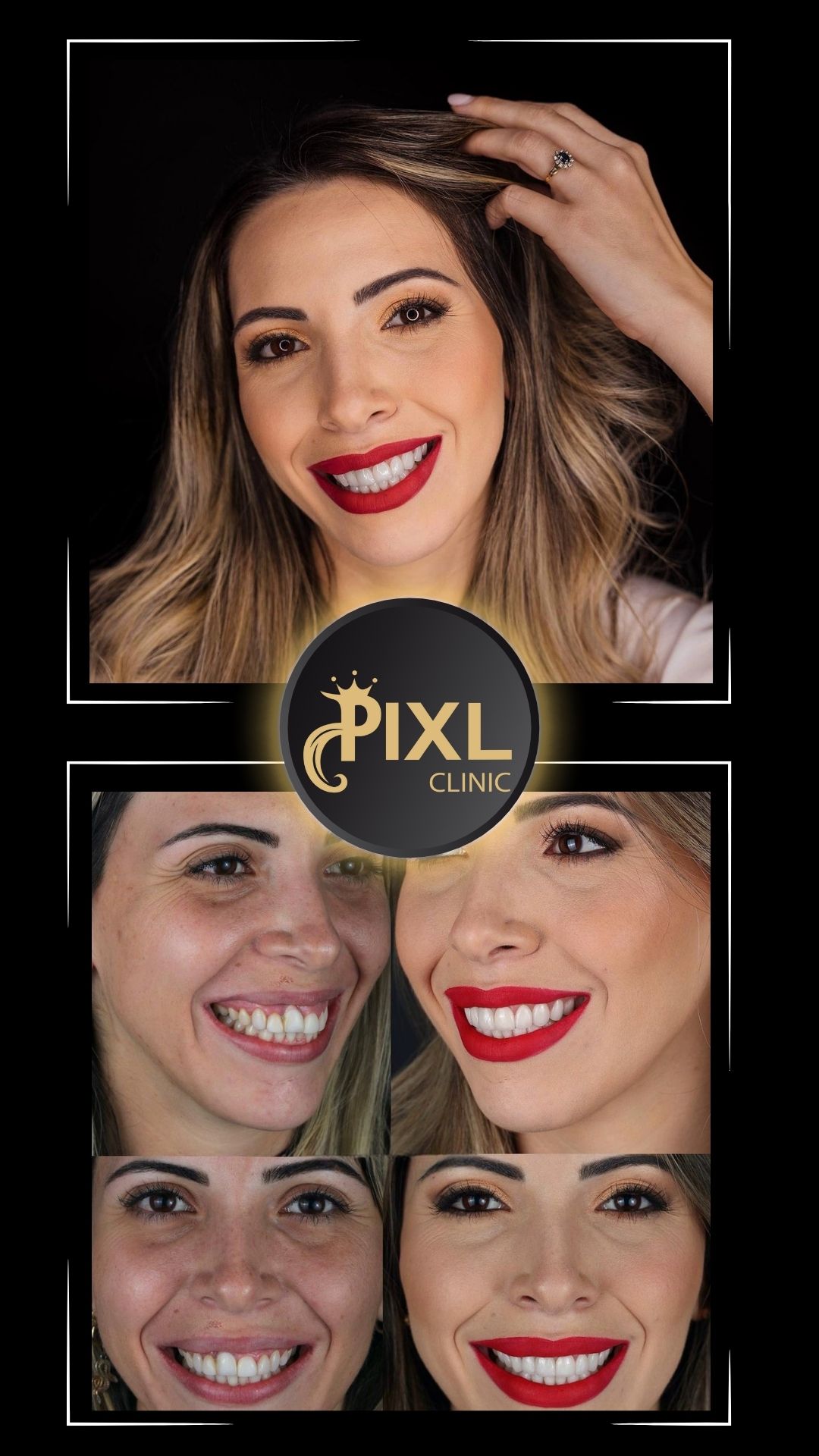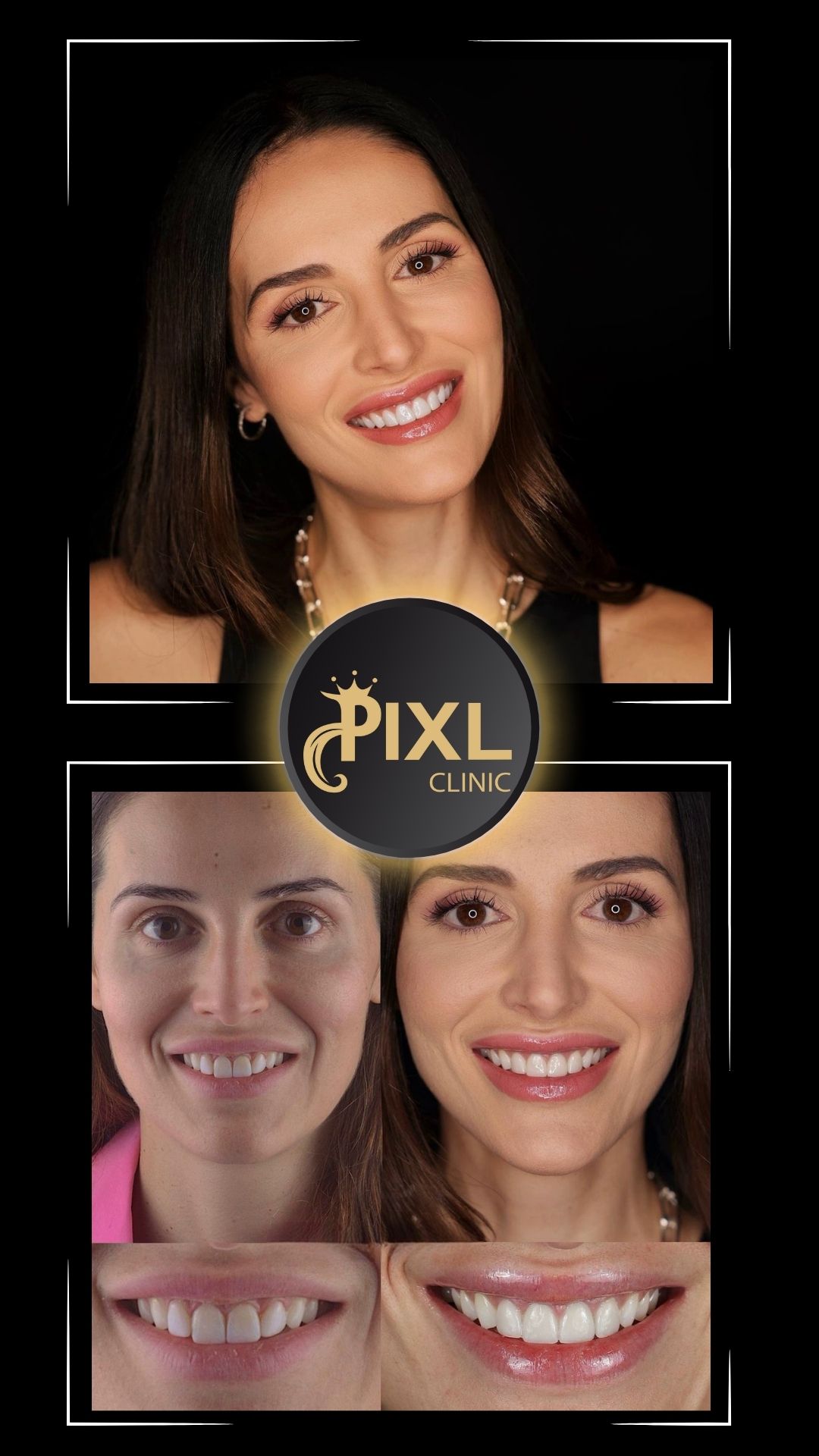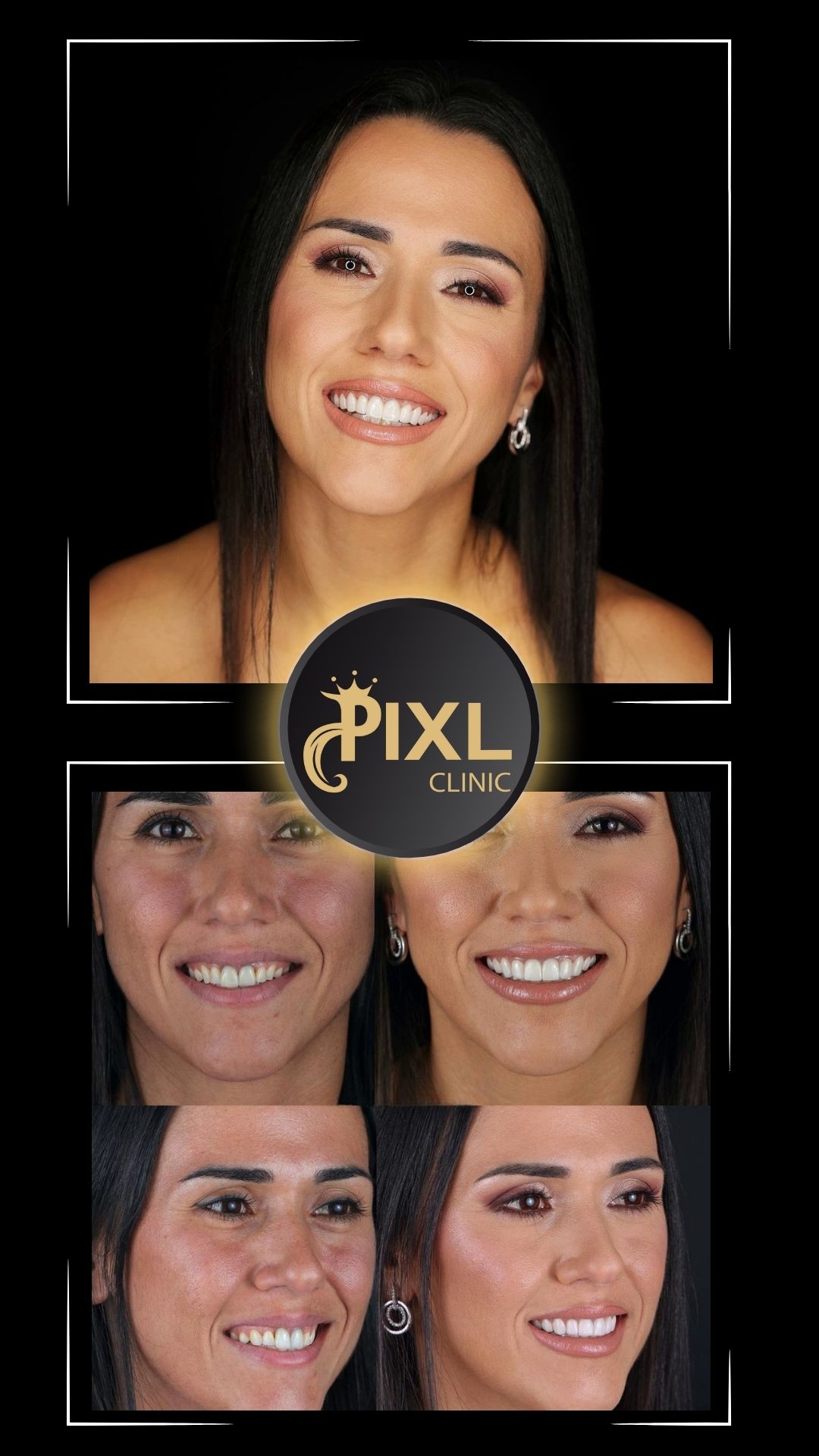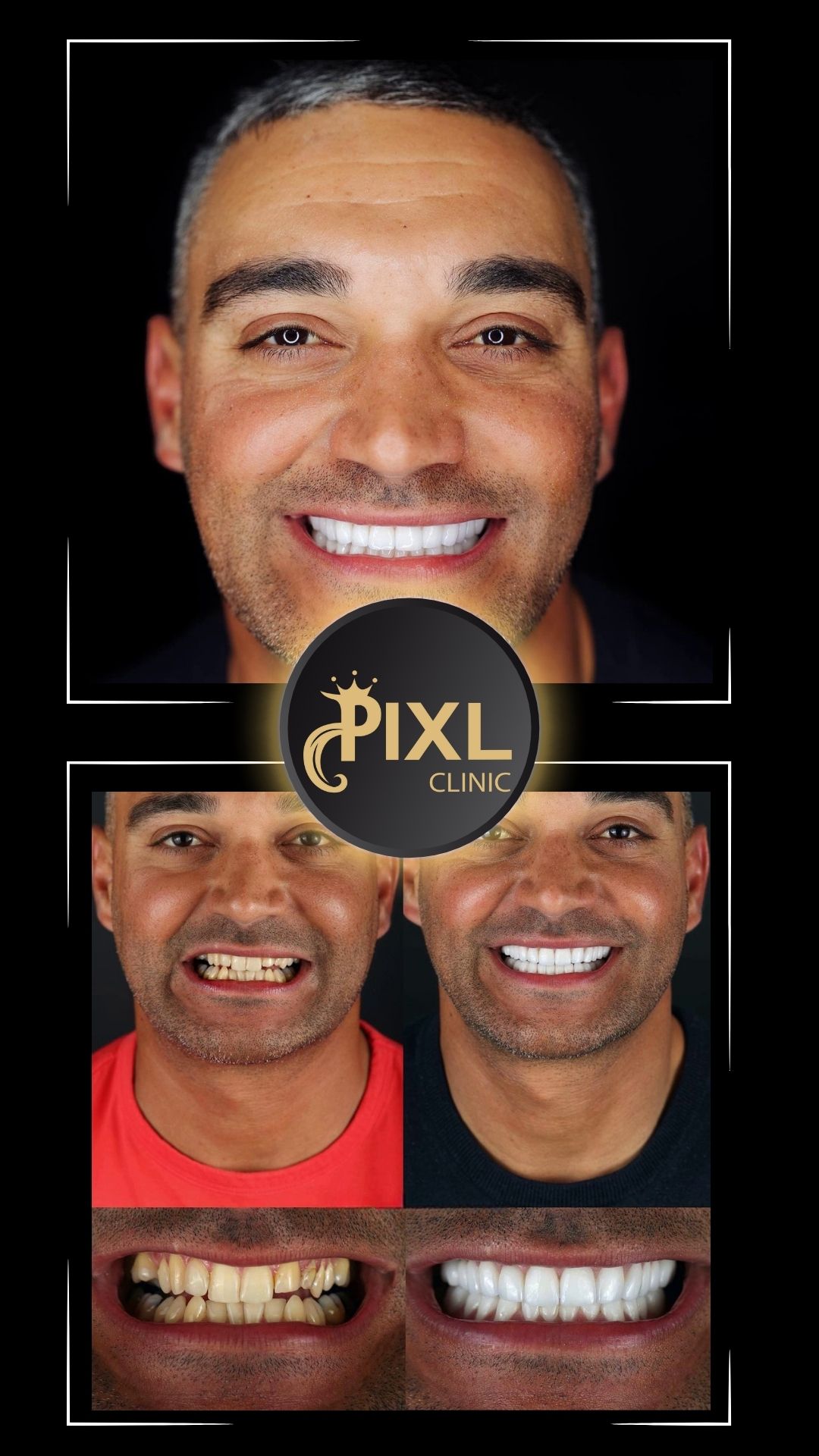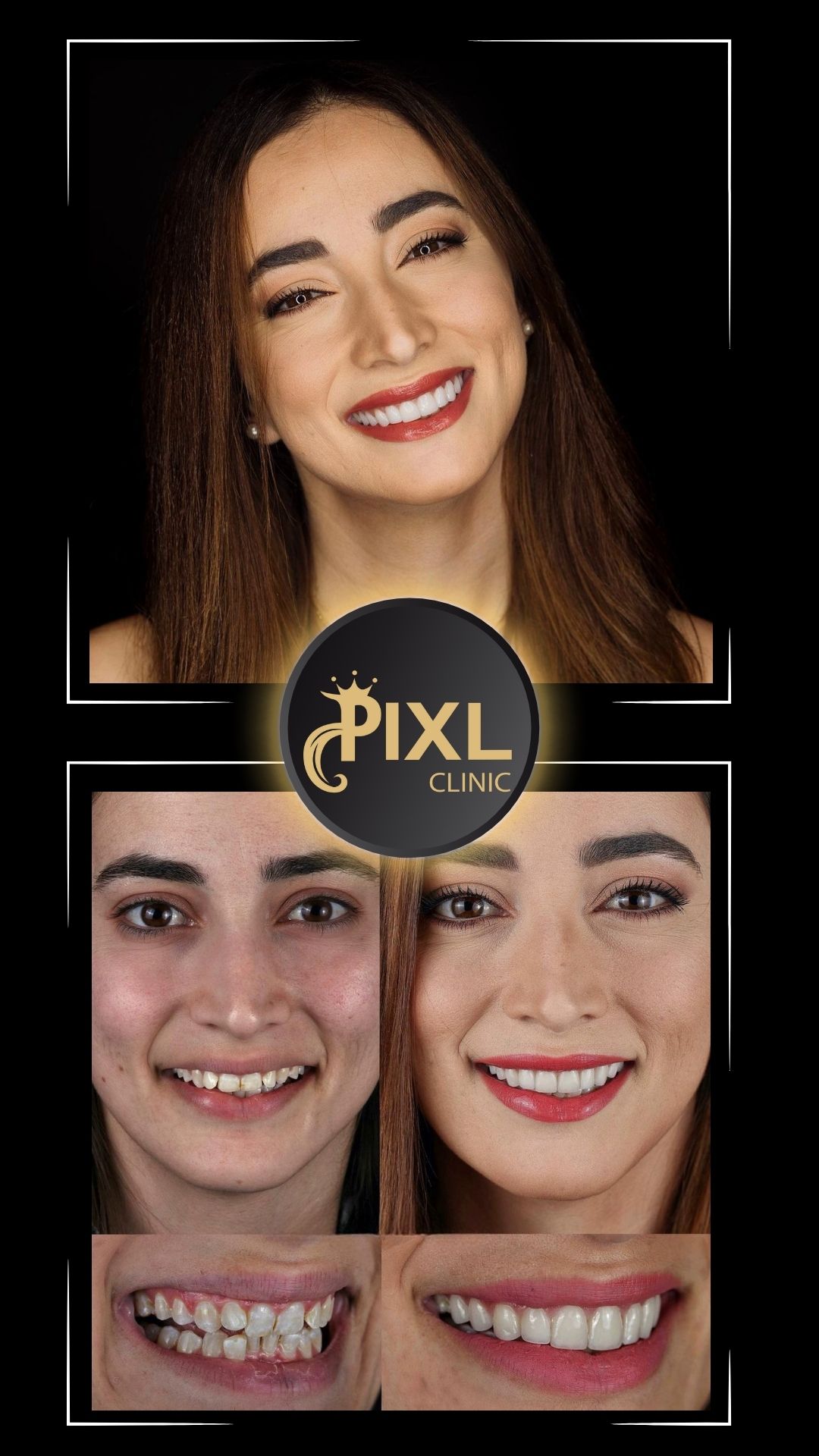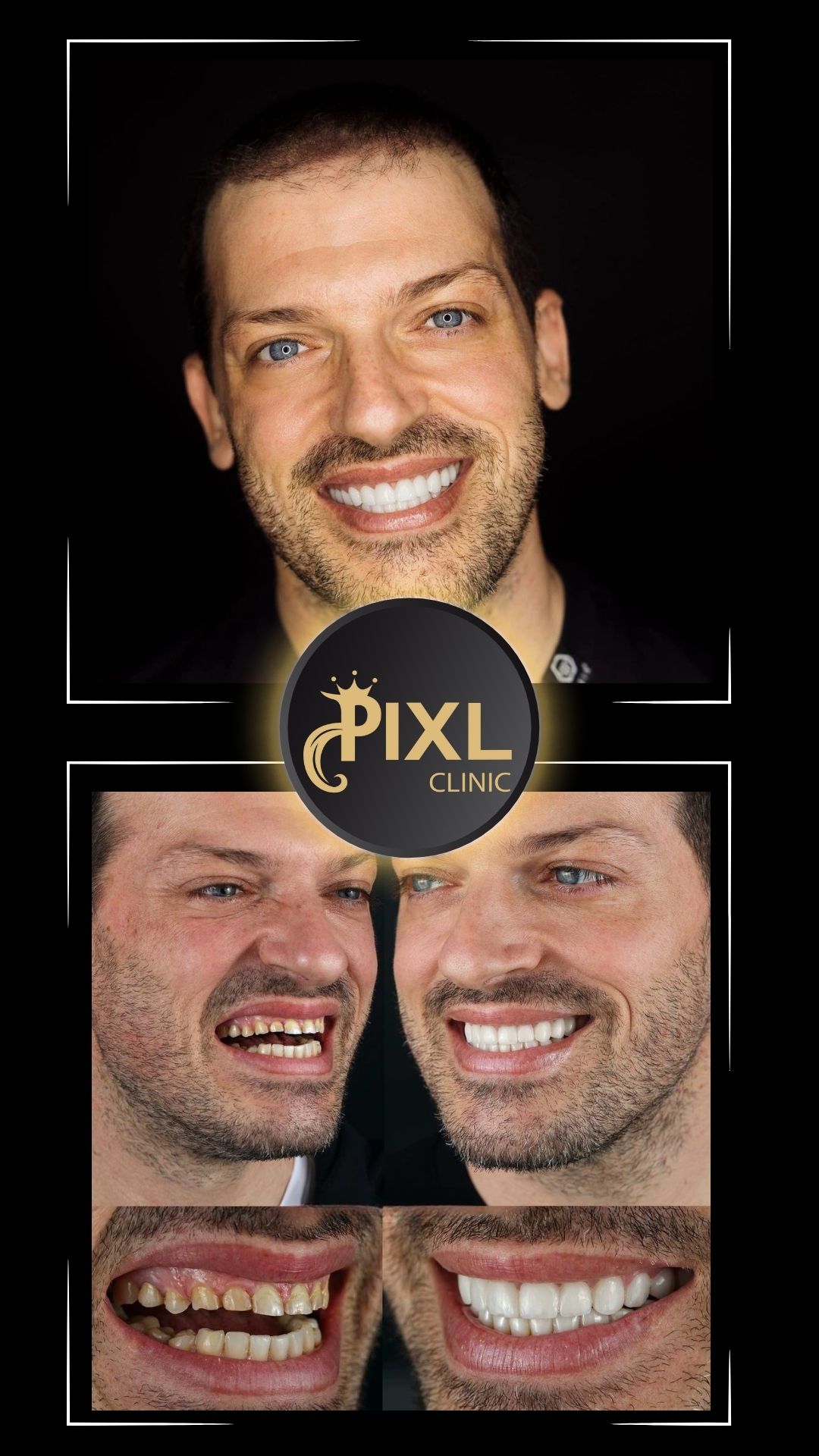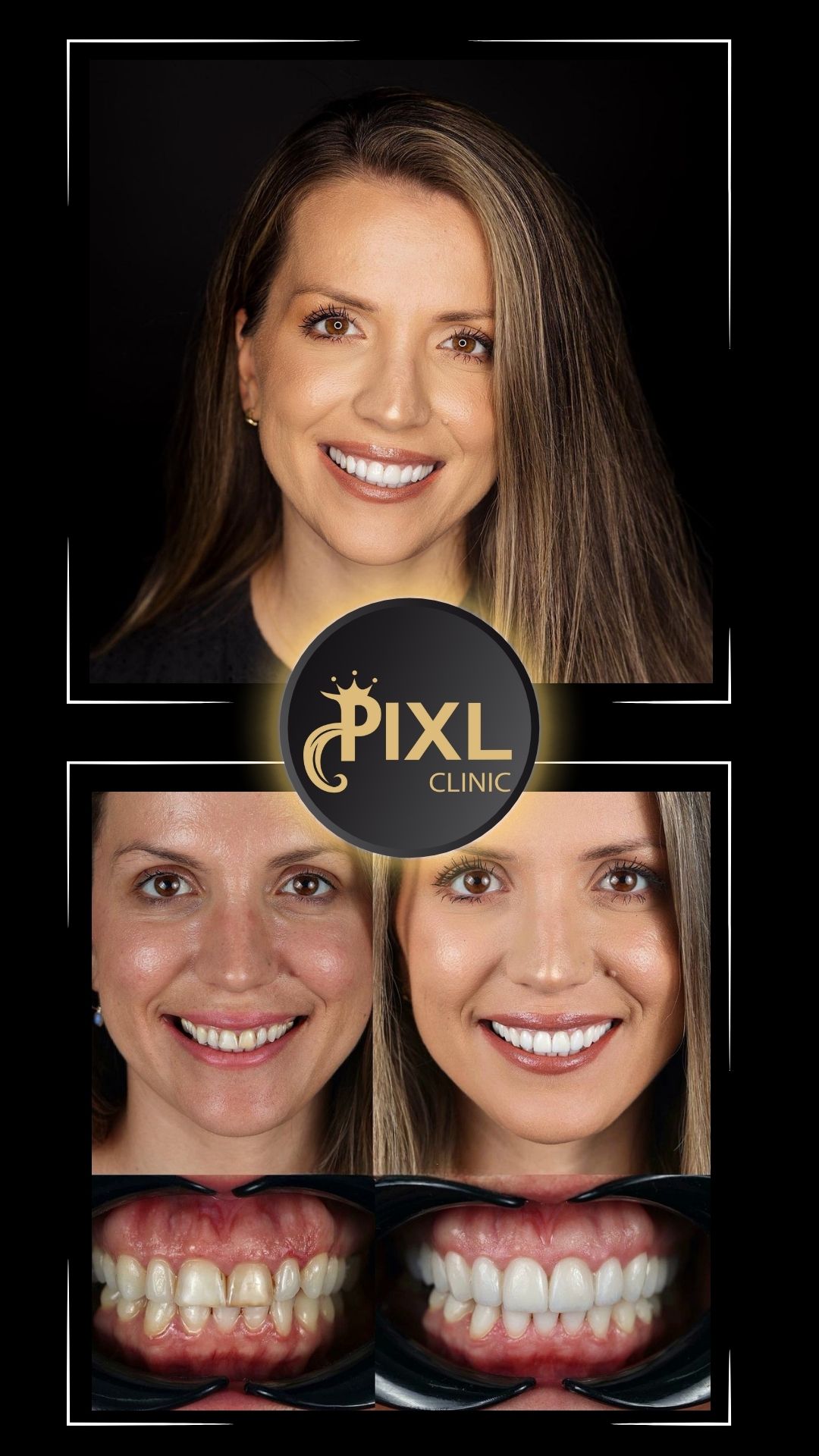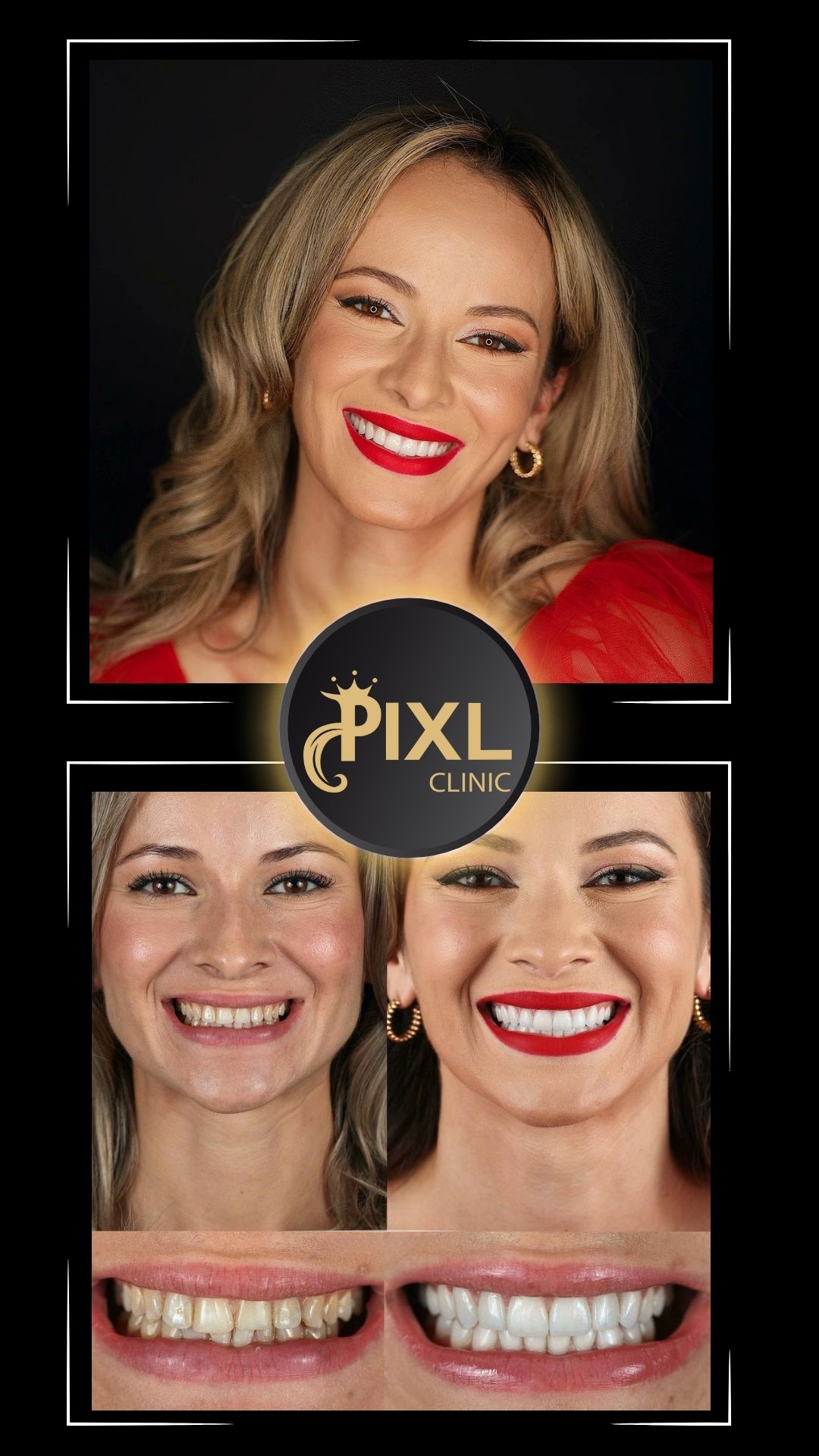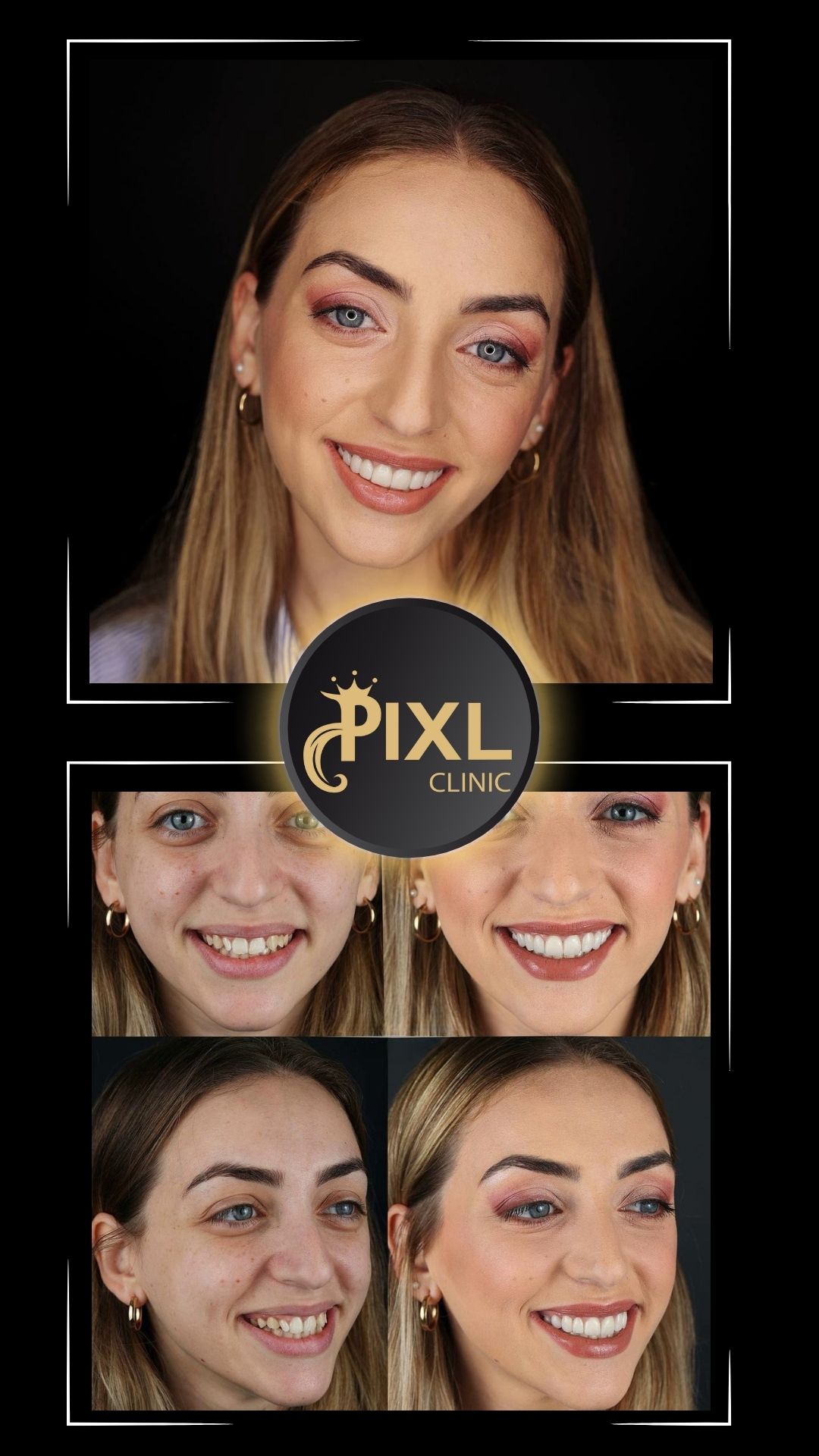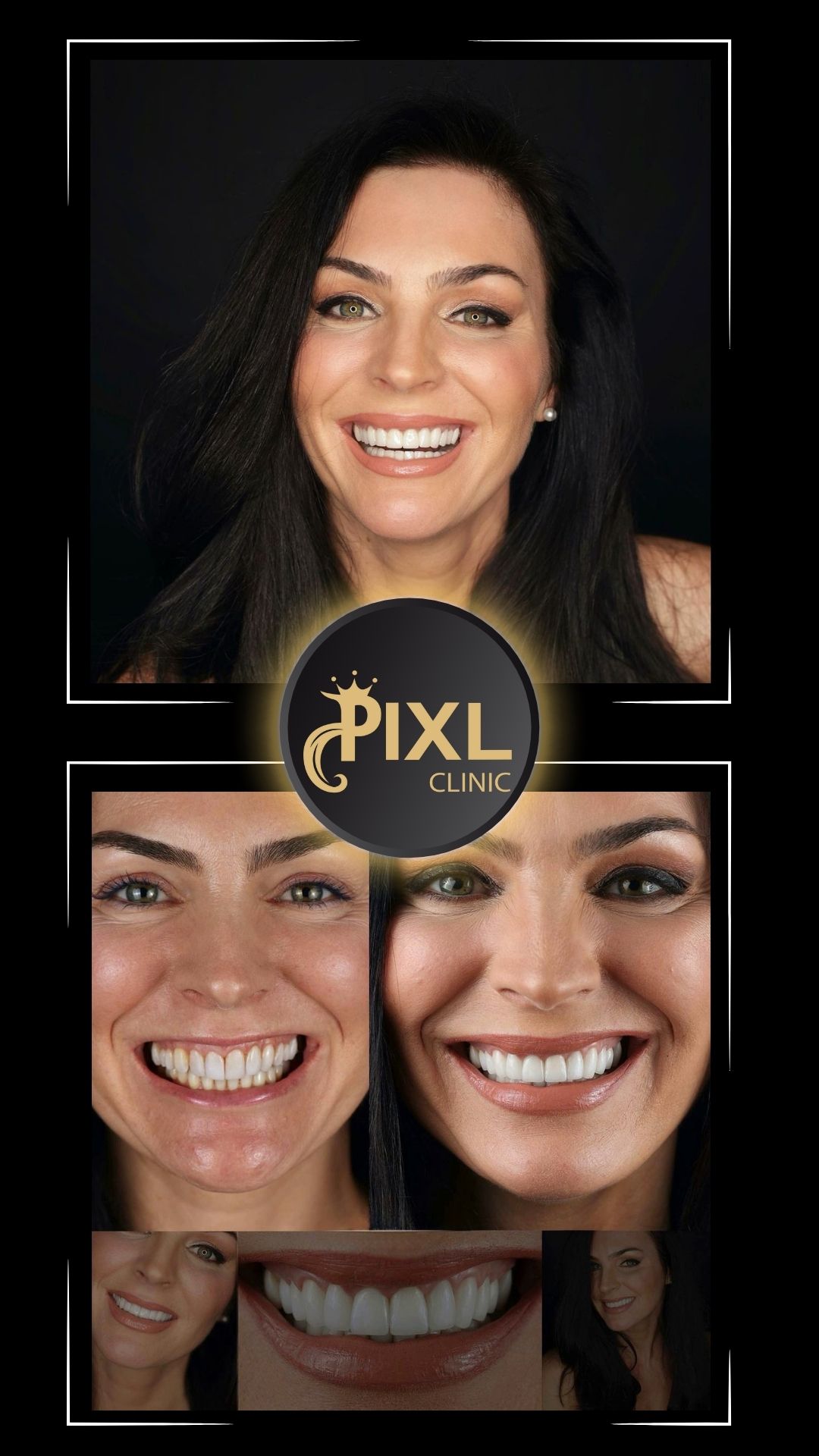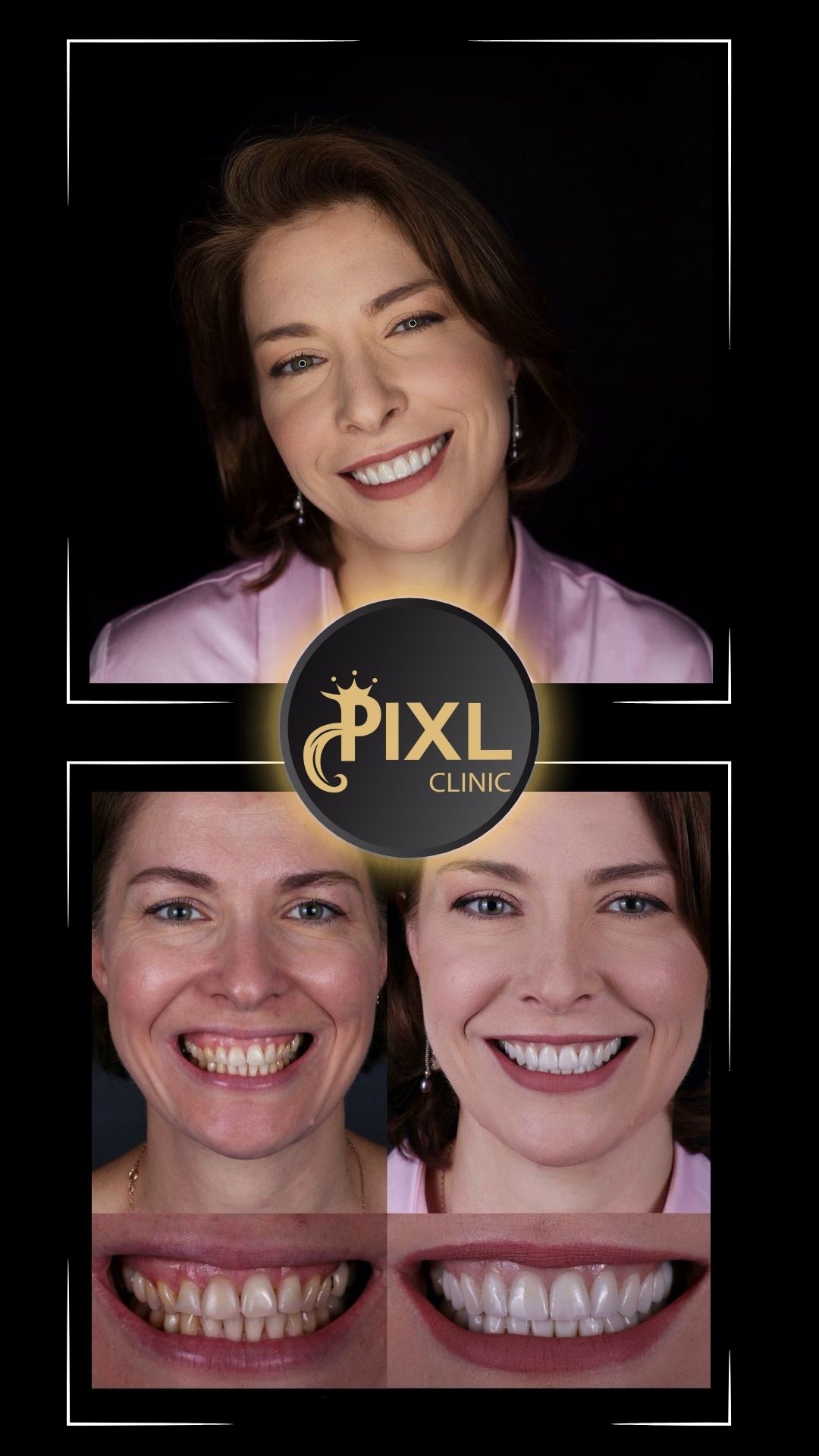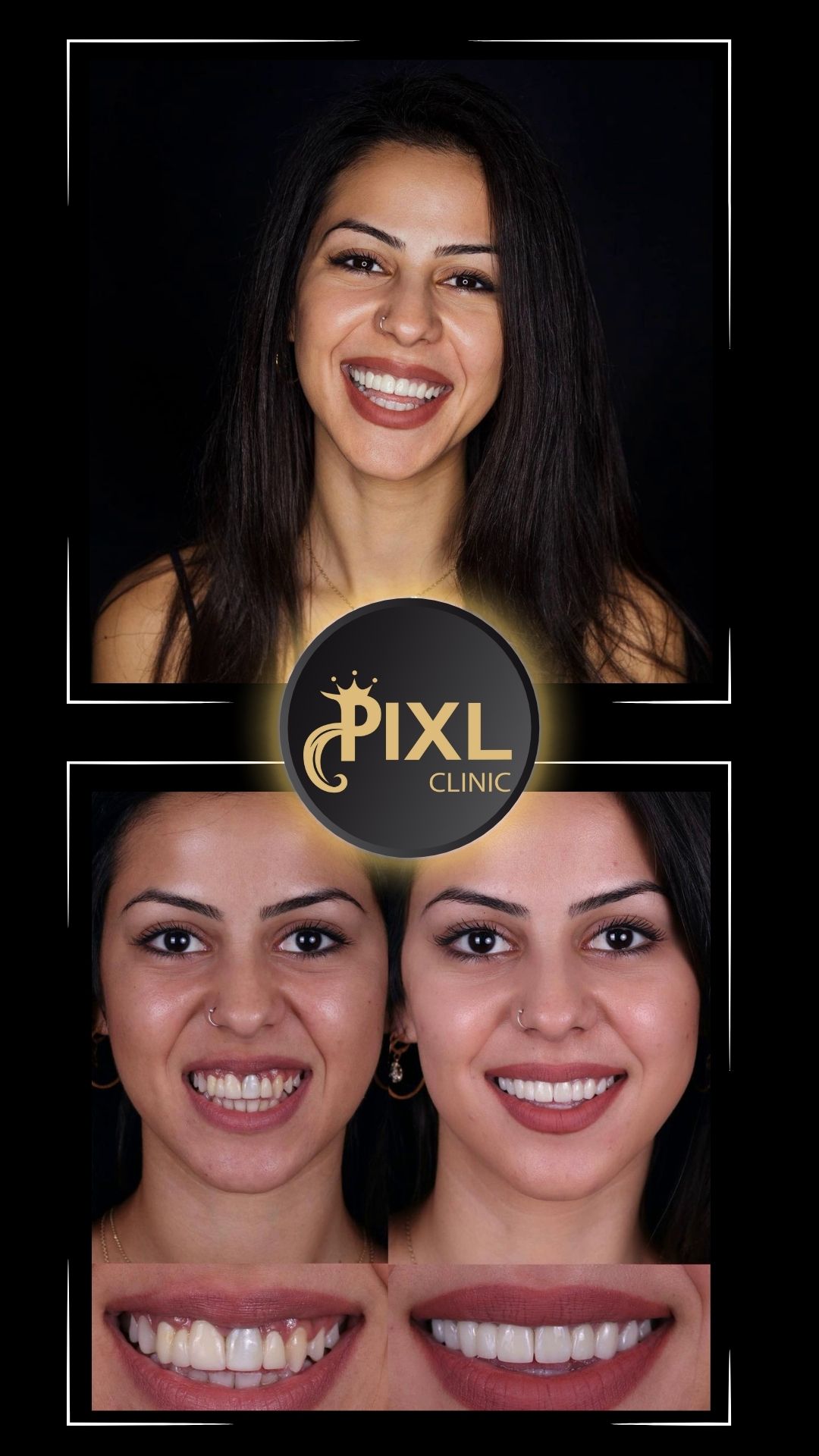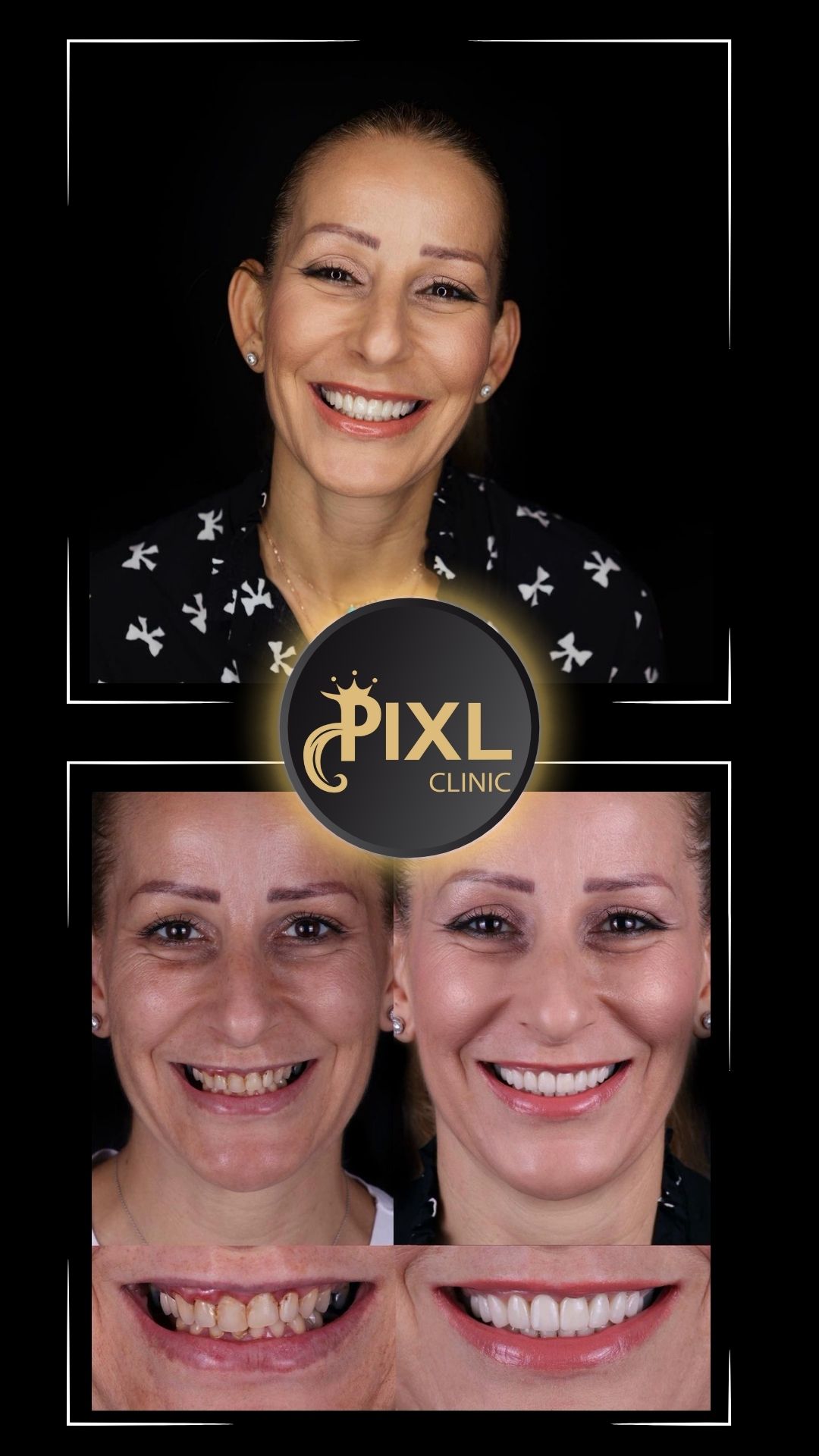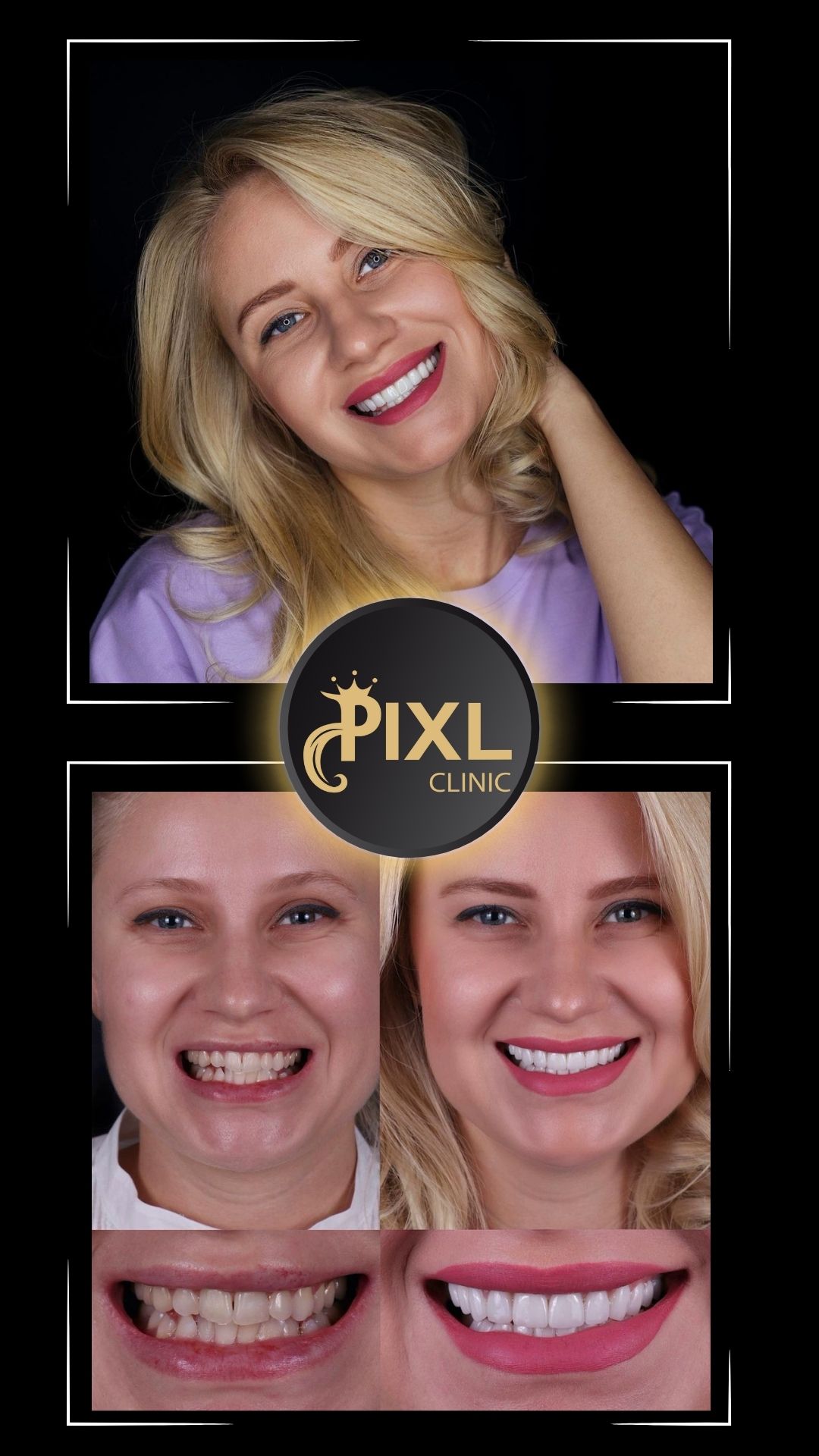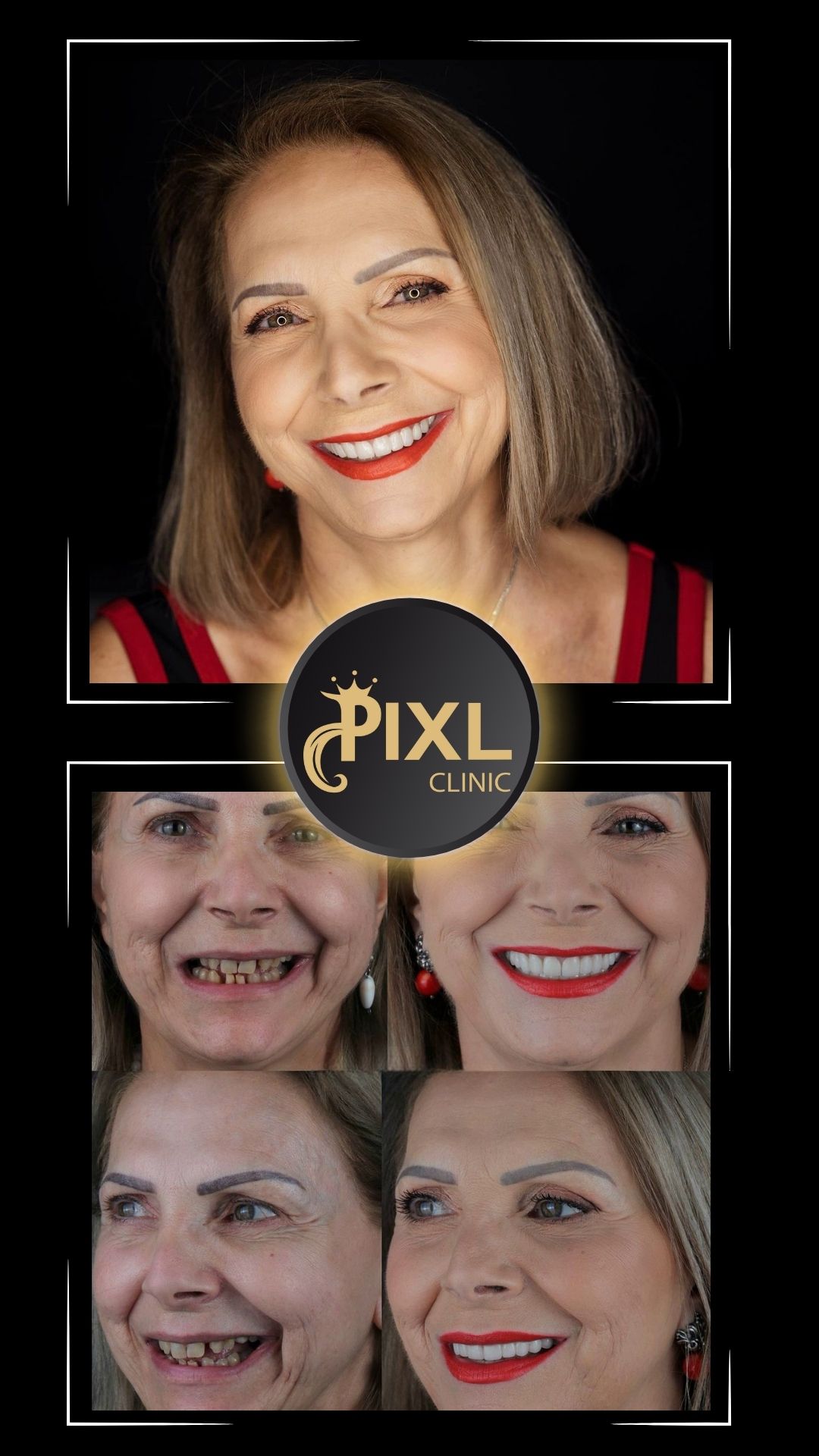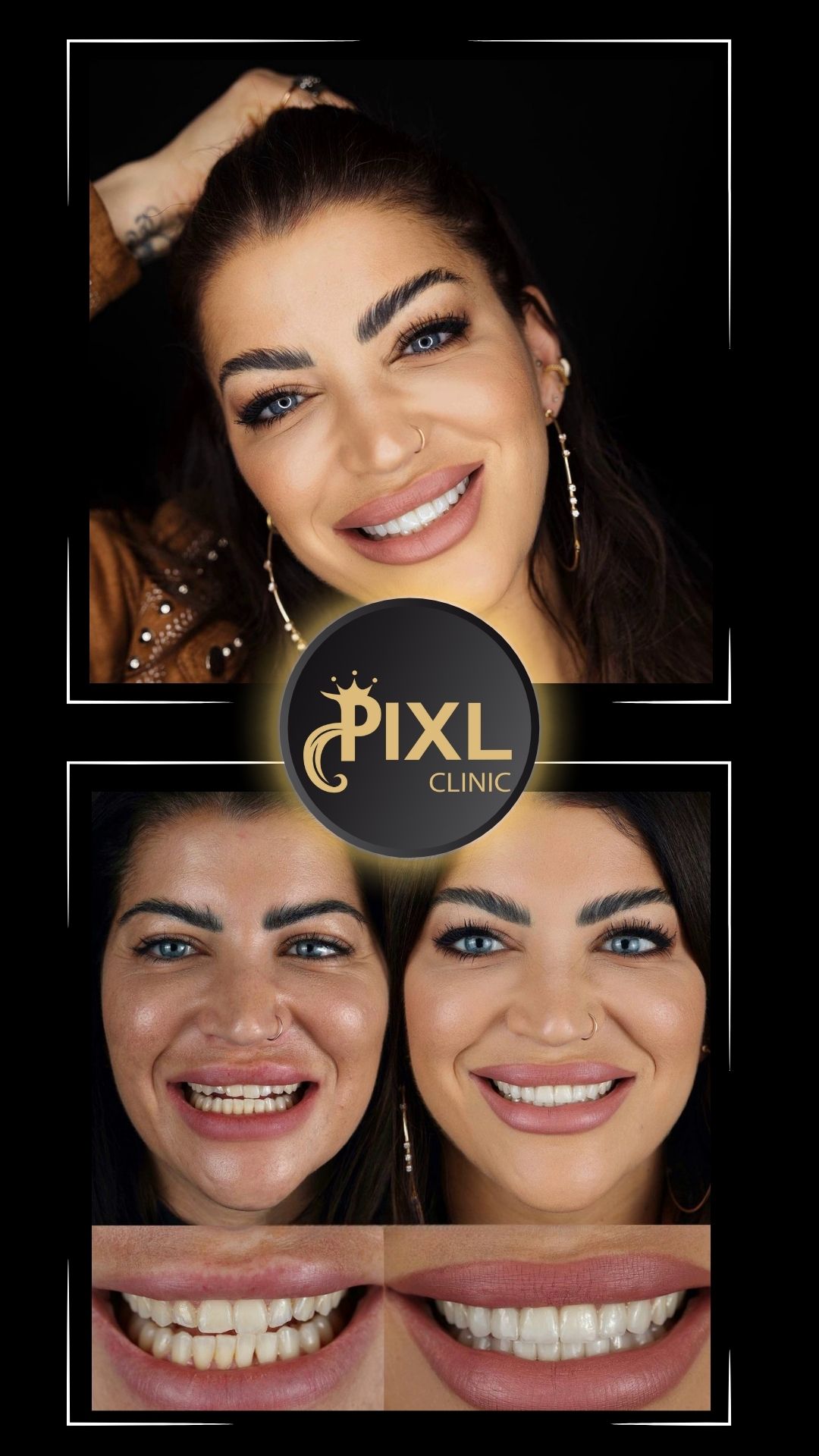Inlays & Onlays in Turkey
Inlays-onlays in Turkey offer a durable and aesthetically pleasing solution for repairing damaged teeth. With affordable prices and high-quality care, Turkey is an attractive option for those seeking effective dental treatments.
Inlays and Onlays in Turkey: A Comprehensive Guide
Inlays and onlays are advanced restorative dental treatments used to repair and strengthen damaged or decayed teeth. Turkey has become a popular destination for dental tourism due to its high-quality care and affordable prices.
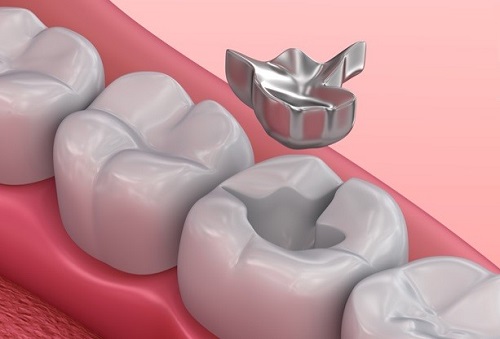
Inlays and Onlays: Restoring and Enhancing Your Smile
When it comes to restorative dental treatments, inlays and onlays are popular choices for repairing teeth affected by decay or damage. These treatments are designed to restore the strength, function, and appearance of your teeth while preserving more of your natural tooth structure compared to traditional fillings.
What Are Inlays and Onlays?
Inlays and onlays are custom-made dental restorations used to repair damaged or decayed teeth. They are often referred to as “indirect fillings” because they are made outside of the mouth in a dental laboratory and then bonded to the tooth.
- Inlays: These are designed to fit inside the cavity or damaged area of a tooth. They are used when the damage is contained within the tooth’s central portion but does not affect the cusps (the chewing surfaces).
- Onlays: These extend over one or more of the tooth’s cusps and are used when the damage is more extensive. Onlays provide additional coverage and support to the tooth.
Benefits of Inlays and Onlays
1. Durability: Inlays and onlays are made from strong materials such as porcelain, composite resin, or gold. They are highly durable and can withstand the pressures of chewing, making them a long-lasting solution for tooth repair.
2. Aesthetics: Porcelain and composite resin inlays and onlays blend seamlessly with your natural tooth color, providing a more natural appearance compared to metal fillings. This makes them an excellent choice for visible areas of the mouth.
3. Conservation of Tooth Structure: Inlays and onlays require less removal of healthy tooth structure compared to crowns. This helps preserve more of your natural tooth.
4. Precision Fit: Custom-made to fit the exact shape of your tooth, inlays and onlays offer a precise and comfortable fit. This precision helps ensure optimal function and longevity.
5. Strength and Protection: These restorations strengthen the tooth and protect it from further damage. They also help restore the tooth’s function, allowing you to chew and bite effectively.
The Procedure for Getting Inlays and Onlays
1. Initial Consultation: During your initial visit, your dentist will examine your tooth, take X-rays, and discuss whether an inlay or onlay is the best option for you. The treatment plan will be tailored to your specific needs.
2. Tooth Preparation: The dentist will remove any decayed or damaged parts of the tooth. The tooth is then shaped to accommodate the inlay or onlay. Impressions of the tooth are taken to ensure a perfect fit for the restoration.
3. Temporary Restoration: While the permanent inlay or onlay is being made in a dental laboratory, a temporary restoration may be placed to protect the tooth.
4. Custom Fabrication: The impressions are sent to a dental lab where the inlay or onlay is custom-made from materials such as porcelain, composite resin, or gold.
5. Placement and Adjustment: Once the permanent restoration is ready, your dentist will place it on the tooth, make any necessary adjustments, and bond it securely. Your bite will be checked to ensure proper alignment.
6. Final Touches: After the inlay or onlay is fitted, your dentist will ensure that the restoration is comfortable and that your bite is properly aligned.
Inlays and Onlays Cost in Turkey: A Comprehensive Guide
If you’re exploring options for inlays and onlays to restore damaged or decayed teeth, Turkey is an attractive destination due to its high-quality dental care and cost-effective treatments. This blog will provide you with an overview of the costs associated with inlays and onlays in Turkey, factors affecting pricing, and why it might be a great option for your dental needs.
Understanding Inlays and Onlays
Inlays and onlays are custom-made dental restorations used to repair teeth with moderate decay or damage. Unlike traditional fillings, these restorations are crafted in a dental laboratory to fit precisely in or on the tooth.
- Inlays: Used when the damage is contained within the tooth’s central area.
- Onlays: Extend over one or more cusps of the tooth, providing more extensive coverage.
Cost of Inlays and Onlays in Turkey
The cost of inlays and onlays in Turkey is generally more affordable compared to many Western countries. Here’s a breakdown of average costs:
- Porcelain Inlays/Onlays: $200 to $400 per tooth
- Composite Resin Inlays/Onlays: $150 to $350 per tooth
- Gold Inlays/Onlays: $300 to $500 per tooth
These prices are competitive and offer significant savings compared to similar treatments elsewhere.
Frequently Asked Questions
What Are Inlays & Onlays?
Inlays and onlays are types of dental restorations used to repair teeth with moderate damage or decay that is too extensive for a filling but not severe enough to require a crown. They are custom-made from materials like porcelain, composite resin, or gold and bonded to the tooth.
- Inlays: Fit within the cusps (points) of the tooth.
- Onlays: Cover one or more cusps and can extend over the chewing surface of the tooth.
Why Get Inlays & Onlays in Turkey?
Turkey is known for its high-quality yet affordable dental treatments. Many clinics use advanced technology and materials while offering experienced dentists, making it a popular destination for dental care, including inlays and onlays.
How Much Do Inlays & Onlays Cost in Turkey?
The cost of inlays and onlays in Turkey is typically lower than in countries like the USA or UK. Prices range from $150 to $500 per tooth, depending on the material used and the complexity of the procedure.
What Materials Are Used for Inlays & Onlays in Turkey?
The most common materials for inlays and onlays in Turkey are:
- Porcelain: Durable and tooth-colored for a natural look.
- Composite Resin: Less expensive and tooth-colored but may not last as long as porcelain.
- Gold: Highly durable, though less common due to its appearance.
How Long Do Inlays & Onlays Last?
Inlays and onlays are designed to be long-lasting. With proper care, they can last between 10 to 20 years, depending on the material used and your oral hygiene habits.
How Long Does the Procedure Take?
The procedure typically takes two visits to complete:
- First Visit: The dentist removes the damaged part of the tooth, takes an impression, and places a temporary inlay or onlay.
- Second Visit (1-2 weeks later): The custom-made inlay or onlay is bonded to the tooth.
Is the Procedure Painful?
No, the procedure is not typically painful. Local anesthesia is used to numb the area during the preparation and bonding stages. After the procedure, some mild sensitivity may occur, but it should subside quickly.
What Are the Advantages of Inlays & Onlays?
- Durability: Stronger than regular fillings.
- Aesthetic: Tooth-colored materials blend naturally with your teeth.
- Minimal Tooth Reduction: Requires less removal of tooth structure compared to crowns.
- Long-Lasting: With proper care, they can last over a decade.
Are There Any Risks or Complications?
Inlays and onlays are safe, but potential risks include:
- Tooth sensitivity
- Risk of dislodgement if not properly cared for
- Rare allergic reactions to certain materials
How Do I Maintain My Inlays & Onlays?
- Good oral hygiene: Brushing, flossing, and regular dental checkups.
- Avoid hard foods: Minimize the risk of chipping or dislodging the restoration.
- Regular dental visits: To monitor and ensure the longevity of the restoration.
How Do I Choose the Right Clinic in Turkey for Inlays & Onlays?
- Check online reviews and patient testimonials.
- Verify the dentist’s qualifications and experience.
- Look for international accreditations or certifications.
- Inquire about the materials and technology used at the clinic.
Can I Combine My Treatment with a Vacation in Turkey?
Yes! Many people combine dental treatments with vacations in Turkey. Major cities like Istanbul, Antalya, and Izmir offer top-quality dental care alongside beautiful sights and experiences.



